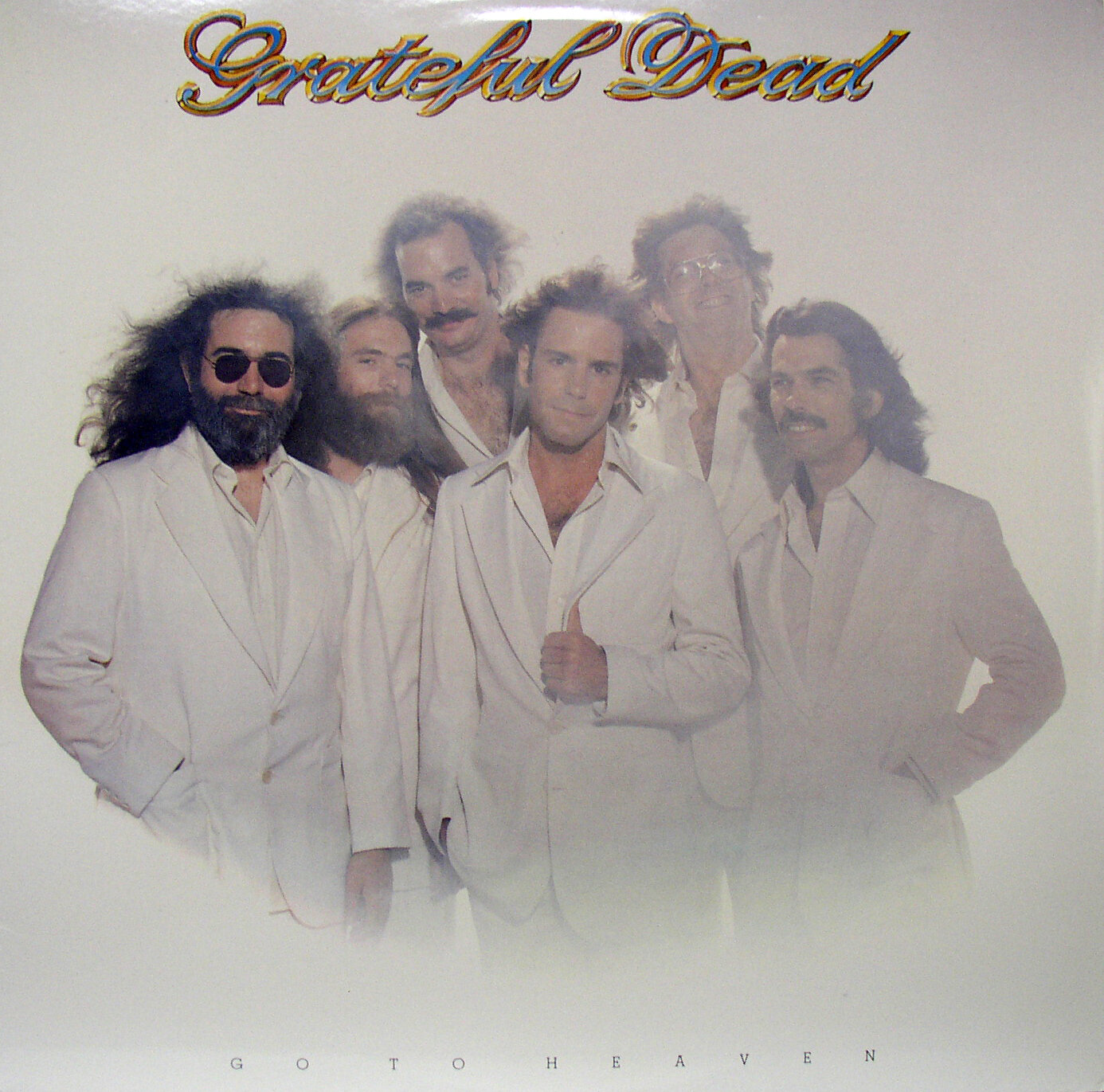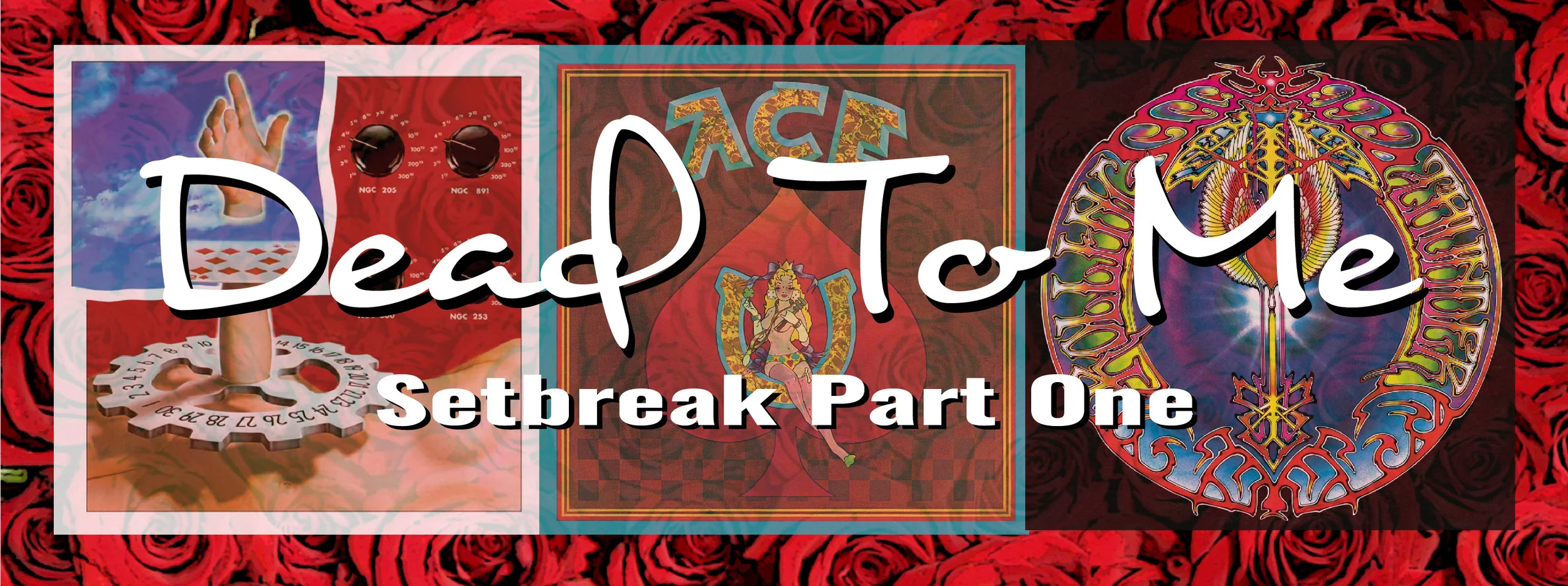Always late for the bus, that’s us. But hey, we made it to the season’s lucky 13th episode! The Dead sure were lucky to snag Brent Mydland after Keith peaced out of the band then this realm of existence. Casey, Eduardo, and Kevin all agree that Brent’s gifts are many, but we’re not so sure we wouldn’t return his two (!!!) compositions on Go to Heaven for store credit. But all conflict, internal or external, melts away in the rainbow light of the Dead. Or maybe it’s just the gummies talking. One more synchronicity: we put this episode to bed on the anniversary of Brent’s death on July 26, 1990. RIP, dear one.
Previous Episodes

S213: Go To Heaven












